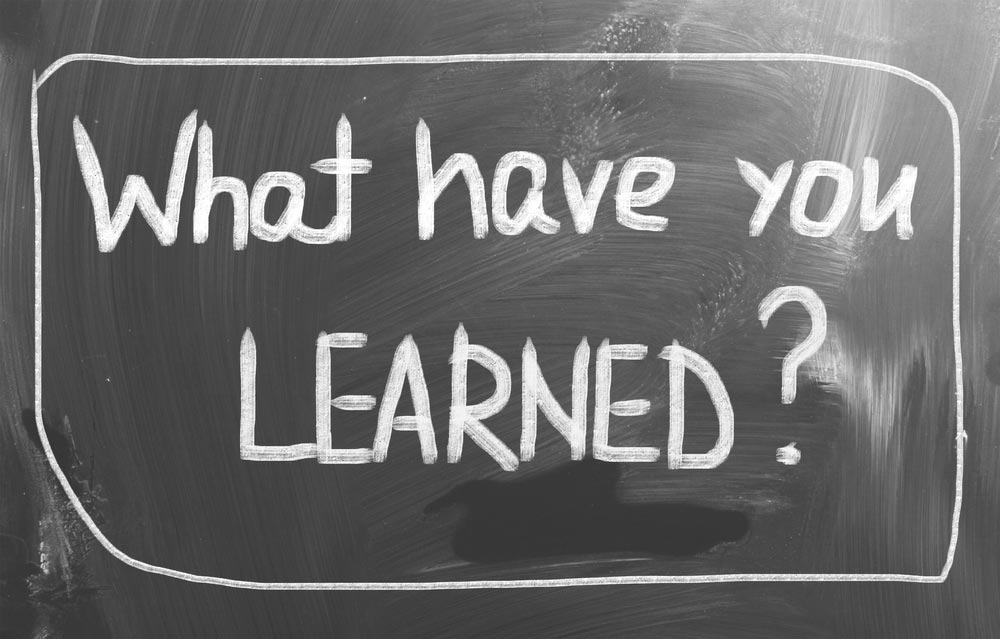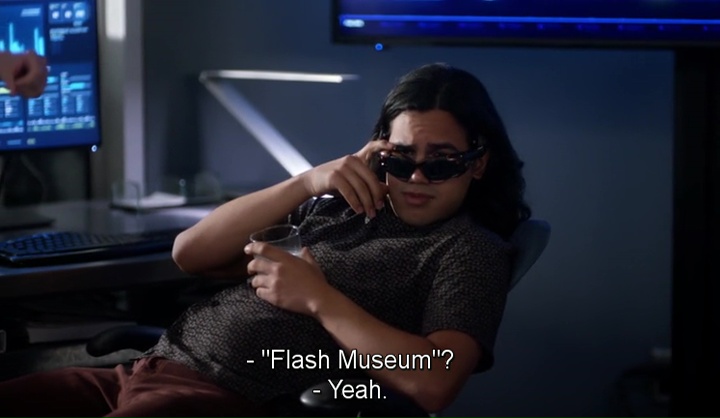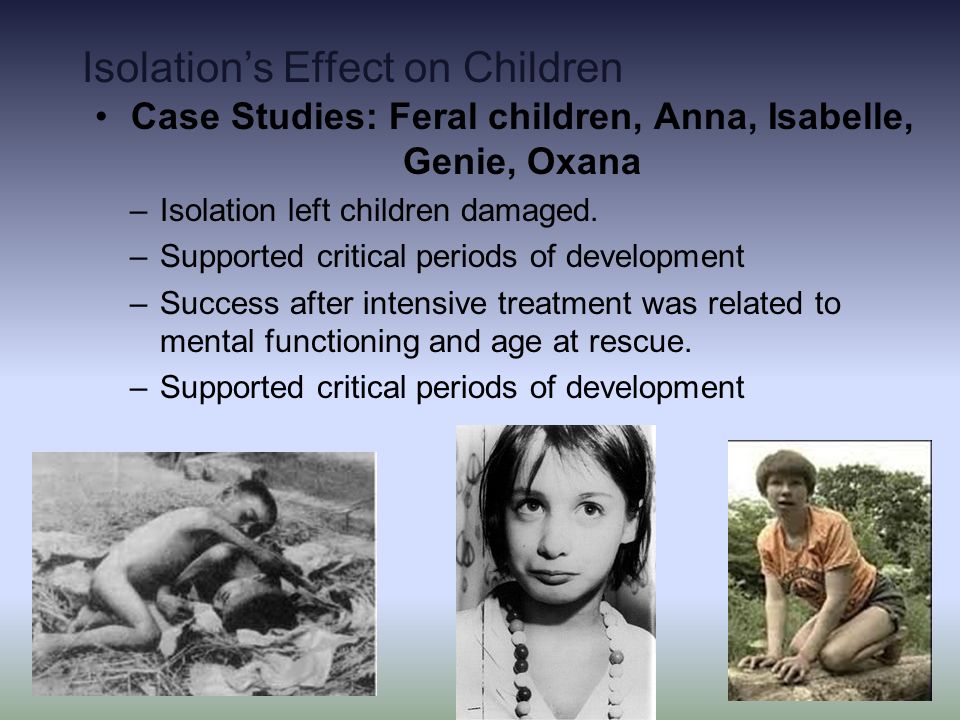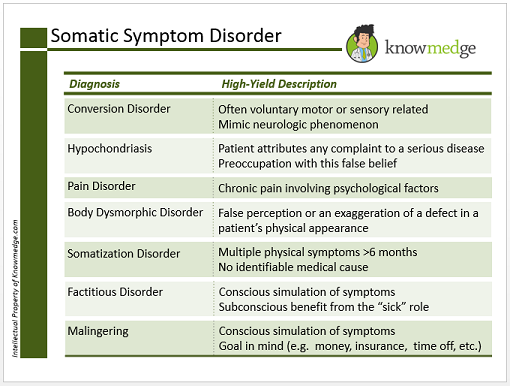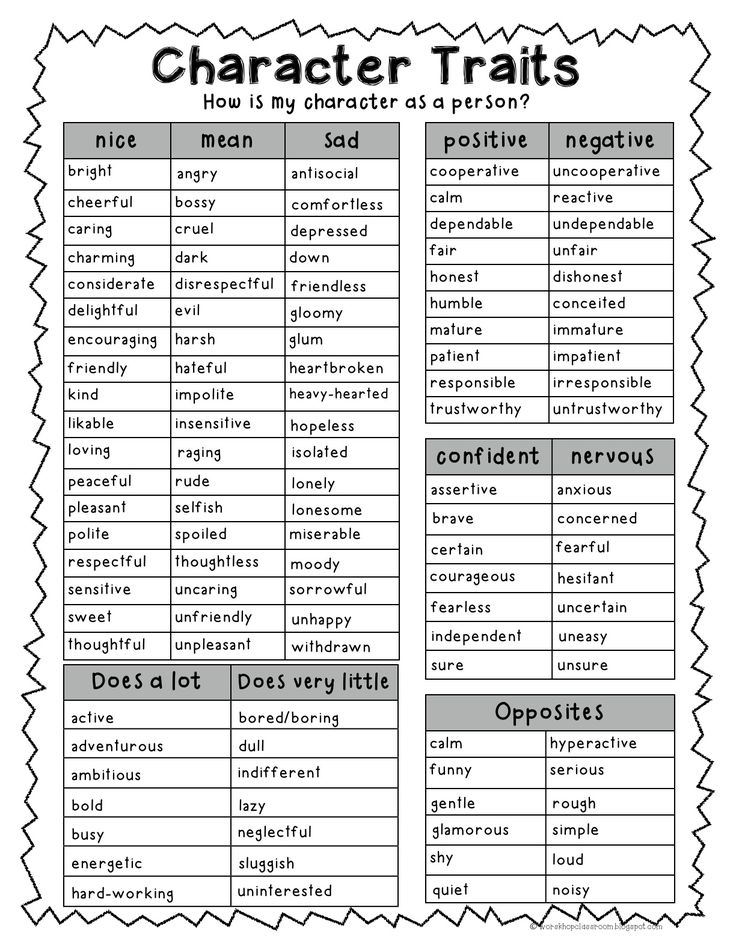What you learned
What I've Learned About Learning
‘We learn more by looking for the answer to a question and not finding it than we do from learning the answer itself.’ ~Lloyd Alexander
By Leo Babauta
I am a teacher and an avid learner, and I’m passionate about both.
I’m a teacher because I help Eva homeschool our kids — OK, she does most of the work, but I do help, mostly with math but with everything else too. I also teach habits, writing/blogging, simplicity and other fun topics in online courses.
I’m a lifelong learner and am always obsessively studying something, whether that’s breadmaking or language or wine or chess or writing or fitness.
Here’s are two key lessons — both really the same lesson — I’ve learned about learning, in all my years of study and in trying to teach people:
- Almost everything I’ve learned, I didn’t learn in school; and
- Almost everything my students (and kids) have learned, they learned on their own.
Those two lessons (or one lesson) have a number of reasons and implications for learning. Let’s take a look at some of them, in hopes you might find them useful.
Why Learning is Independent
One of the foundations of Unschooling, which Eva and I and the kids do here at home, is that you’re not teaching subjects to your kids — in fact, you’re not really teaching them at all. They take responsibility for their learning, and do it because they’re interested in something, not because you tell them they should learn it.
This is exactly how I learn as an adult, and so I know it works.
When teachers (wonderful people that they were) tried to teach me something in school, I often became bored, and just did what I needed to do to do well on the test. Not because the subject or the teacher was boring, but because it wasn’t something I cared about. They wanted me to learn it because they thought I should, but that’s not why people learn something. They learn it because they care about it — because they find it incredibly interesting, or because they need it to do something they really want to do.
When teachers succeeded in getting me to learn, it was only because they made something seem so interesting that I started to care about it. But then I learned on my own, either in class while ignoring everyone else, or more likely after class in the library or at home.
That’s because someone walking you through the steps of learning something doesn’t work — you aren’t learning when you’re just listening to someone tell you how something works. You’re learning when you try to do that something — putting it into action. That’s when the real learning begins and the superficial learning ends — when you try something and fail, and adjust and try again, and solve countless little problems as you do so.
The best teachers know this, and so they inspire, and help you to put the learning into action.
As an adult, I’ve learned a lot on my own. The stuff I’ve just read, I’ve mostly forgotten. But the stuff I’ve put into action by playing with it, by practicing, by creating and sharing with others — that stuff has stuck with me. I truly learned it.
I truly learned it.
I learned about blogging when I started blogging, and kept doing it for five years — not by reading blogs about blogging. My students have learned habits and decluttering and meditation and blogging from me not because I told them something brilliants, but because the ones who really learned put it into action. They formed a simple habit, decluttered their homes, did 5 minutes of meditation for 30 days, blogged.
This is where the real learning happens — when the fingers start moving, the feet start dancing, not when you hear or read something.
How to Learn (or Teach)
The teacher’s job, really, is to fascinate the student. Fascination is the key to learning. Then help the student put the fascination into action.
It follows then, that if you’re teaching yourself, your job is exactly the same.
Here’s how to learn:
- Get fascinated. As a teacher, you should fascinate the student by rediscovering with her all the things that originally fascinated you about the topic.
 If you can’t get fascinated, you won’t care enough to really learn something. You’ll just go through the motions. How do you get fascinated? Often doing something with or for other people helps to motivate me to look more deeply into something, and reading about other people who have been successful/legendary at it also fascinates me.
If you can’t get fascinated, you won’t care enough to really learn something. You’ll just go through the motions. How do you get fascinated? Often doing something with or for other people helps to motivate me to look more deeply into something, and reading about other people who have been successful/legendary at it also fascinates me. - Pour yourself into it. I will read every website and book I can get my hands on. Google and the library are my first stops. They’re free. The used bookstore will be next. There are always an amazing amount of online resources to learn anything. If there isn’t, create one.
- Do it, in small steps. Actually doing whatever you want to do will be scary. You can learn as much Spanish vocabulary as you like, but until you start having conversations, you won’t really know it. You can read as much about chess as you like, but you have to put the problems into action, and play games. You can read about how to program, but you won’t know it until you actually code.
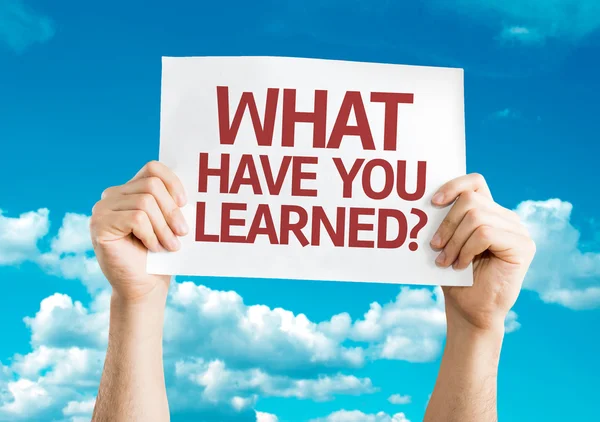 Start with small, non-scary steps, with as little risk as possible, focusing on fun, easy skills.
Start with small, non-scary steps, with as little risk as possible, focusing on fun, easy skills. - Play. Learning isn’t work. It’s fun. If you’re learning because you think you should, not because you’re having fun with it, you will not really stick with it for long, or you’ll hate it and not care about it. So make it play. Make games out of it. Sing and dance while you do it. Show off your new skills to people, with a smile on your face.
- Do it with others. I believe most learning is done on your own, but doing it with others makes it fun. I like to work out with my friends and with Eva. I like to bake bread for my family. I like to play chess with my kids. That motivates me to learn, because I want to do well when I do it with others.
- Feel free to move around. I will dive into something for a couple weeks, and then move on to something else. That’s OK. That’s how passion for a topic often works. Sometimes it will last for a long time, sometimes it’s a short intense burst.
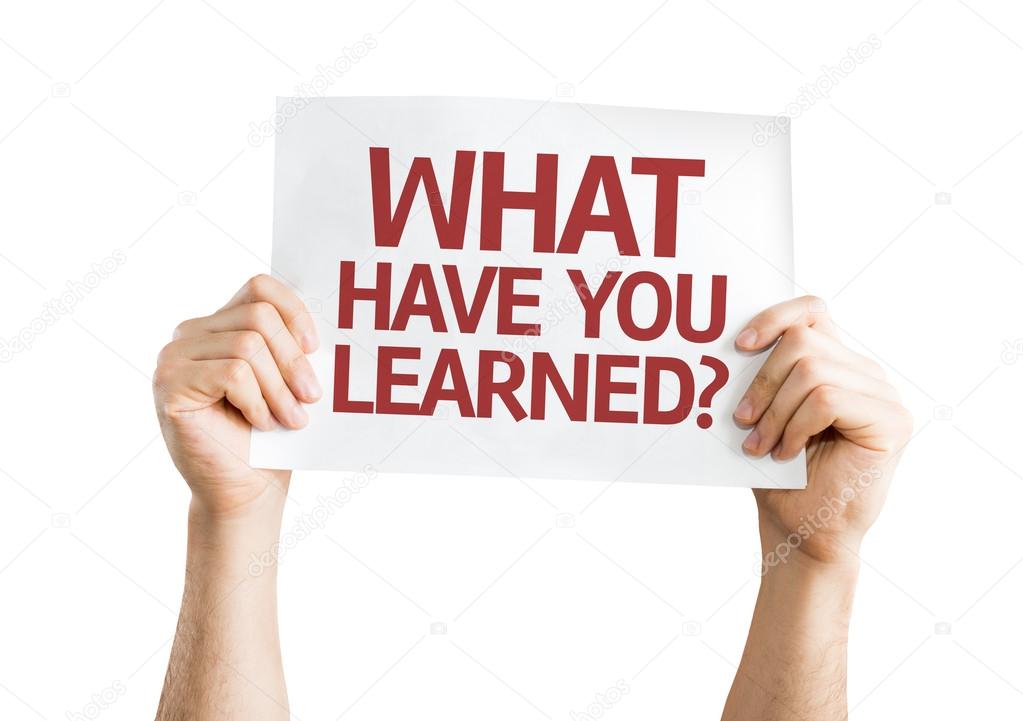 You can’t control it. Allow yourself to wander if that’s where things lead you.
You can’t control it. Allow yourself to wander if that’s where things lead you. - But deep learning takes months or years. You can learn a lot about something in 2-4 weeks, but you really become an expert at something only after months and years of doing it. I knew a lot about blogging after 6 months, but I waited a couple years before I was comfortable teaching others about it. Even now, after 5+ years of blogging, I’m still learning. The same applies to habits — I’ve learned a lot after 7 years of successfully creating habits, and now can actually teach it with some confidence. So how do you allow yourself to wander, but stick with something for long enough to get deep learning? By wandering around within the topic. You can learn a lot about wine in a month, for example, but what if after that you focused on cabernet sauvignon for a month, then zinfandel, then pinot noir? What if then you decided to learn about Oregon pinot noirs, then Sonoma pinots, then (the wonderful) pinots from Burgundy? You’d be wandering around, but going deeper and deeper.
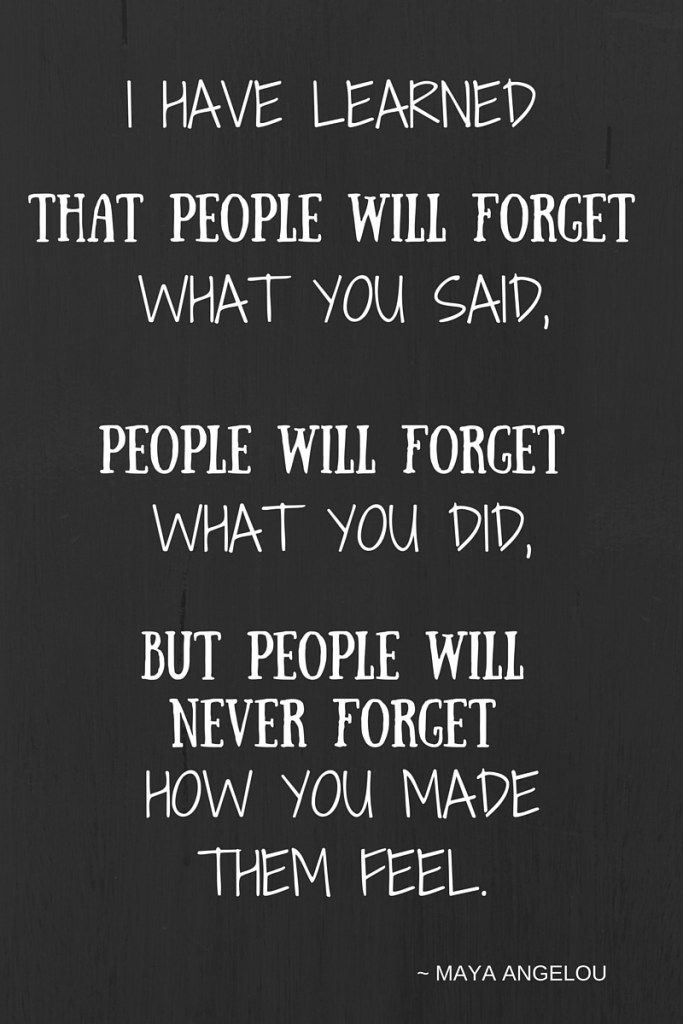 You can also move away from a topic, then get fascinated with it again and come back to it.
You can also move away from a topic, then get fascinated with it again and come back to it. - Test yourself. You can learn a lot of information quickly by studying something, testing yourself, studying again to fill in the holes in your knowledge, testing again, and repeating until you have it by heart. That’s not always the most fun way to learn, but it can work well. Alternatively, you can learn by playing, and when you play, allow that to be your test.
- Disagree. Don’t just agree that everything you’re reading or hearing from others on a topic is correct, even if they are foremost experts. First, experts are often wrong, and it’s not until they are challenged that new knowledge is found. Second, even if they are right and you are wrong by disagreeing, you learn by disagreeing. By disagreeing, you have already not only considered what you’ve been given, but formulated an alternative theory. Then you have to try to test to see which is right, and even if you find that the first information or theory was right and you were wrong, now you know that much better than if you just agreed.
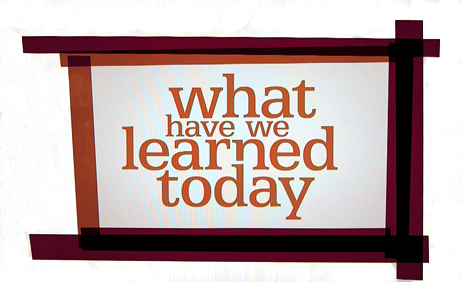 I’m not saying to disagree with everything, but the more you do, the better you’ll learn. Don’t disagree in a disagreeable way, and don’t hold onto your theories too tightly and be defensive about them.
I’m not saying to disagree with everything, but the more you do, the better you’ll learn. Don’t disagree in a disagreeable way, and don’t hold onto your theories too tightly and be defensive about them. - Teach it. There is no better way to cement your knowledge than to teach it to others. It’s OK if you don’t really know it that well — as long as you’re honest about that when you’re teaching it to someone. For example, I’m a beginner at chess, but I will learn something about it and teach it to my kids — they know I’m not a tournament contender, let alone a master, and yet I’m still teaching them something they don’t know. And when I do, I begin to really understand it, because to teach you have to take what you’ve absorbed, reflect upon it, find a way to organize it so that you can communicate it to someone else clearly enough for them to understand it, see their mistakes and help correct them, see where the holes in your knowledge are, and more.
- Learning can be subliminal.
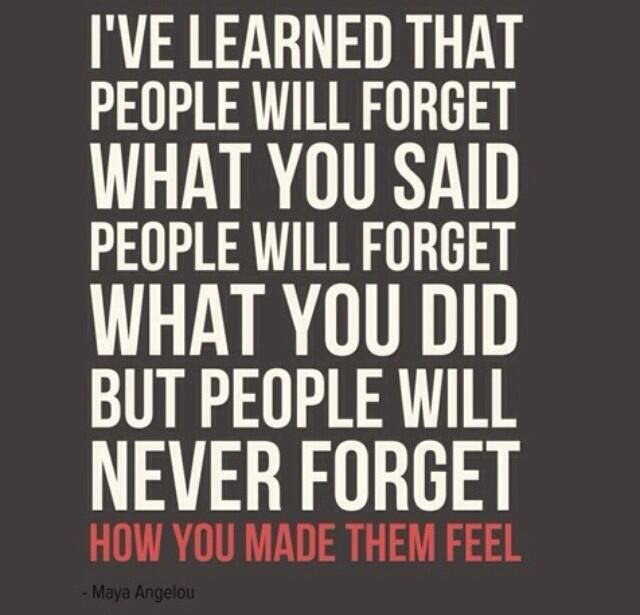 We think we’re in control of our minds and we’re like programmers telling our minds what to learn, how to learn, and what data to retain. No. Our minds work in mysterious ways, and cannot be tightly controlled. They wander, latch onto the weirdest things, and soak up more than we know. Later, you can come back to what you’ve absorbed, and test yourself, and find you knew something you didn’t realize you knew. The lesson is to expose yourself to as much as possible on a topic, and allow yourself to absorb it. Sometimes your mind will pick up patterns you didn’t consciously realize were there, but then can use those patterns later when you put the learning into action.
We think we’re in control of our minds and we’re like programmers telling our minds what to learn, how to learn, and what data to retain. No. Our minds work in mysterious ways, and cannot be tightly controlled. They wander, latch onto the weirdest things, and soak up more than we know. Later, you can come back to what you’ve absorbed, and test yourself, and find you knew something you didn’t realize you knew. The lesson is to expose yourself to as much as possible on a topic, and allow yourself to absorb it. Sometimes your mind will pick up patterns you didn’t consciously realize were there, but then can use those patterns later when you put the learning into action. - Reflect on your learning by blogging. You soak up a ton of information and patterns, and you can put that into action, but when you sit down and reflect on what you’ve learned, and try to share that with others (as I’m doing right now), you force yourself to think deeply, to synthesize the knowledge and to organize it, much as you do when you teach it to others.
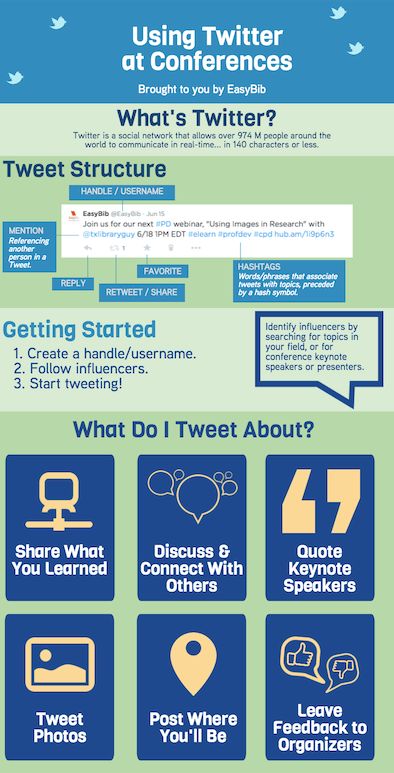 Blogging is a great tool for reflection and sharing what you’ve learned, even if you don’t hope to make a living at it. And it’s free.
Blogging is a great tool for reflection and sharing what you’ve learned, even if you don’t hope to make a living at it. And it’s free.
‘The only thing that interferes with my learning is my education.’ ~Albert Einstein
10 important life lessons we are often taught too late
This article was updated on September 17, 2021.
Life is a continuous learning experience. Throughout our lives we keep rising and falling, picking up important lessons along the way. Some of these lessons come from experience, yet there are others that we learn watching others or reading in books for example.
No matter how much we learn from the books there is a significant difference between practical and theoretical experience. Furthermore, there are many life lessons that we simply cannot learn until we face certain situations in our life. Most people would say that there are some lessons that come too late, catching us off-guard and unprepared.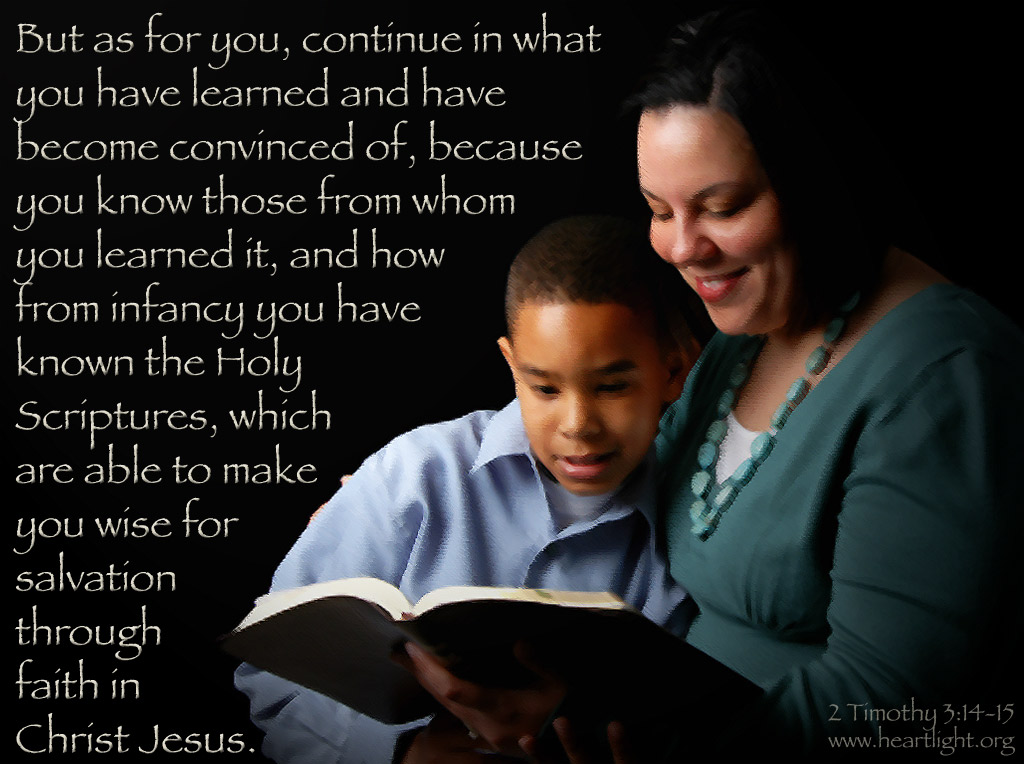
The following list unveils some of the most important lessons in life that people learn the hard way.
1. Walk your own path
People like to judge other people. This peer pressure can make you stray from the path you started to carve for your future. Don’t mind other people’s aspirations, don’t ever let someone else’s goals and dreams influence your vision of life. It’s your path and you decide where it takes you and how long it takes you to see it through.
2. Don’t hesitate when you should act
There is an old Roman proverb that people often quote – “Carpe diem” – meaning “Seize the day”. More often than not, we fail to act due to lack of confidence or courage. This hesitation keeps us from moving forward and puts us in a cage of wondering what might have been. Whenever you feel it’s time to act, take action. No matter the outcome, you will end up smarter than before.
3.
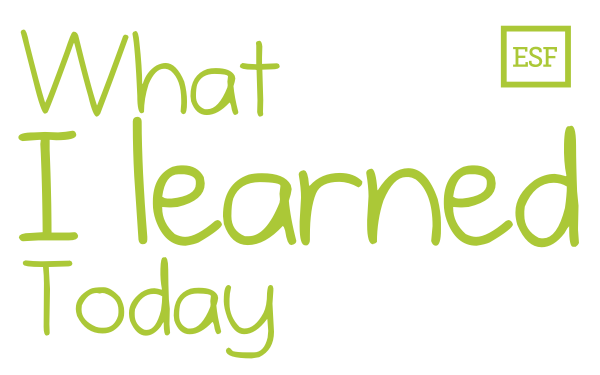 Experience what you have learned
Experience what you have learnedNo matter how much we think we know about some topic, it’s only after we have put that knowledge into use that we get confirmation of the actual level of understanding that we possess. Sure, we could read about painting, learn all the techniques and brush types, colour palettes, etc. but only when we get in front of a canvas and start painting we put our knowledge to the test.
As EduGeeksClub’s career expert, Julia Smith once wrote: “Young people often face difficulties when it comes to putting what they have learned into practice; therefore all this knowledge becomes useless when it should be the fuel that propels their careers”.
4. Good things don’t come easy
If you want to have a good life with a successful career, emotional satisfaction, and trustworthy friends you have to work hard. Luck can take you only so far and the rest is entirely up to you, the amount of effort you put in every day, and the ability to learn from your mistakes.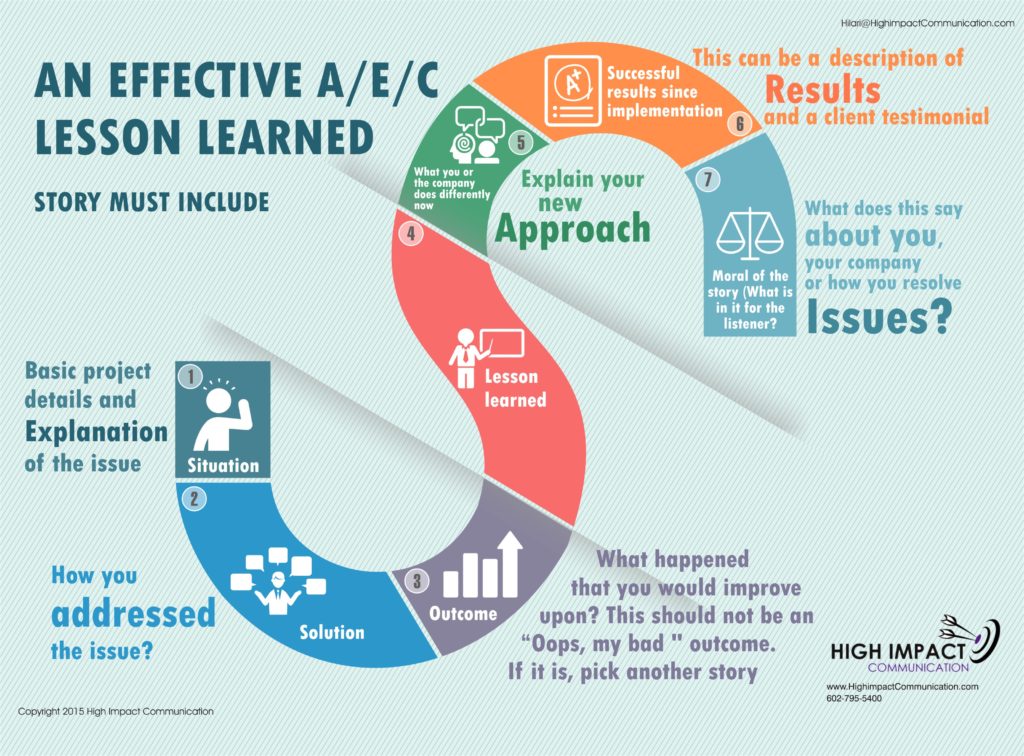 Don’t think for a moment that someone else is going to fight your battles with the same vigor and devotion as you would.
Don’t think for a moment that someone else is going to fight your battles with the same vigor and devotion as you would.
5. Never fail to try more
Even when we’re feeling most prepared there is a chance we fail in accomplishing our goal. An athlete could lead the entire race only to fall just in front of the finish line and lose. This doesn’t mean the athlete should stop competing; on the contrary, he would work even harder for the next competition. The results will come, eventually.
6. Take care of your health early
When we’re young we can push our body to its limits day after day. It seems as nothing can touch us and we are invincible. However, as we grow older all the parties, drinking, smoking, and eating fast food take a toll on our health. Start developing healthy habits while you’re still young and healthy. Take regular checkups with your doctor and dentist in order to prevent future problems.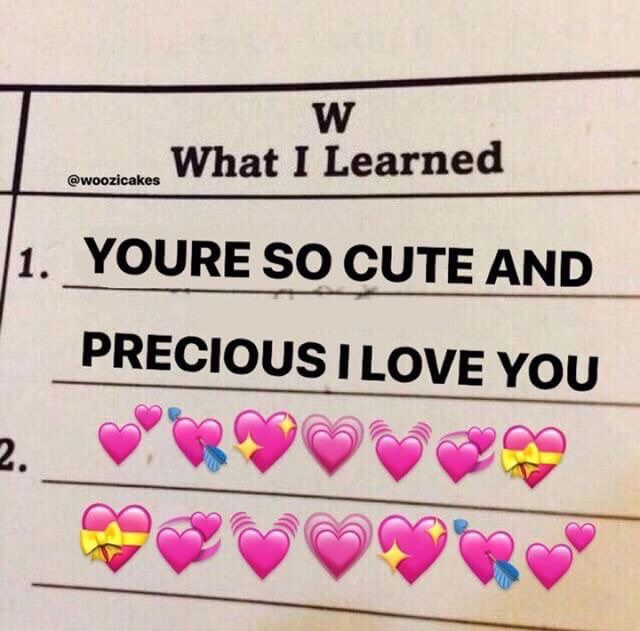
7. Make every moment count
Life goes by faster than we think. When you’re in your twenties you think you’ll stay there forever but before you know it you are in your thirties and it’s too late for the things you wanted to do as a young person. Live your life to its full extent because life is short and we never know what tomorrow brings.
8. Live and let live
We often try to help people when we see they’re making a mistake. This type of behavior can lead us into all kinds of troubles and misunderstandings. Don’t force your ideas onto others, let those who want your help and guidance seek you out. Sometimes it’s best to stay away and let them come to you or you might seem intrusive to others.
9. Be flexible with your goals
Sometimes we feel it’s the right time to take action and put our plans in motion only to realize that we were wrong. It’s important to analyze our current position and how our activities could influence our future.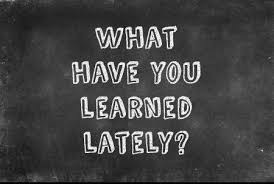 Sometimes it’s better to postpone a certain goal or even change it for the time being. Accepting a promotion in a bad time could get us in more trouble than good if the time is not right.
Sometimes it’s better to postpone a certain goal or even change it for the time being. Accepting a promotion in a bad time could get us in more trouble than good if the time is not right.
10. For every action, there’s an equal opposite reaction
Before you say something or act in a certain way, think about the consequences. A person could be unprepared to hear some truth or won’t respond well to our gesture, no matter how good our intentions are. Treat each word with caution.
Take these pieces of advice as guidance, not as a rule. Your life is your own and you know what’s best for you. However, keep in mind that morning is wiser than the evening. Enjoy life!
This post was originally published on YourCoffeeBreak.co.uk.
- How did you know? How did you guess that I would agree to be with you? — I saw myself in you ▷ Socratify.Net
I love you not for who you are, but for who I am when I am with you.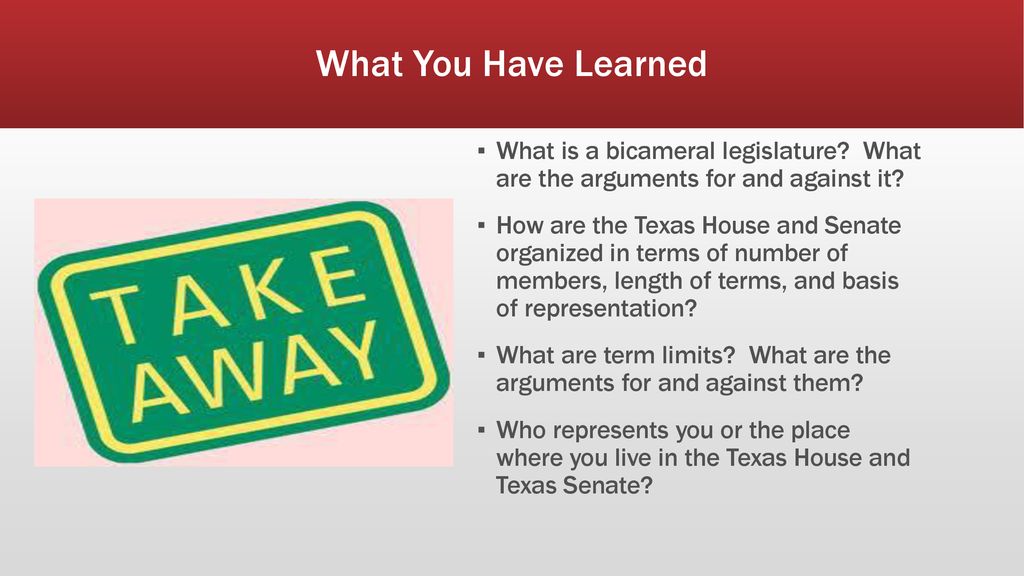
You can't imagine how important it is for me to know that you're okay.
Unknown author (1000+)
Don't expect your child to be like you, or the way you want. Help him become not you, but himself.
Janusz Korczak (20+)
- Come on, let's see how I lived before I met you.
Futurama (100+)
- Did you live before you met me?
You and I played cities.
Yes Soya (8)
You went to yours.
I'm in mine.
What happens to you happens only to you.
Unknown author (1000+)No one will ever be able to look at the world through your eyes, see what you see, and understand it the way you understand.
When I saw you, I fell in love. And you smiled because you knew.
William Shakespeare (100+)
You are real. You are the real feeling that is inside of me. Everything about you is real. And I know that when I'm with you, I feel real. Real feeling. It doesn’t matter at all who we are for each other now, I only know one thing: you are my real feeling.
Unknown author (1000+)
You are here to be yourself; you're not here to live up to anyone's expectations, but that's what everyone's trying to do.
Osho (100+)
If you are asking me what to do, I would advise you to accept everything that life gives you.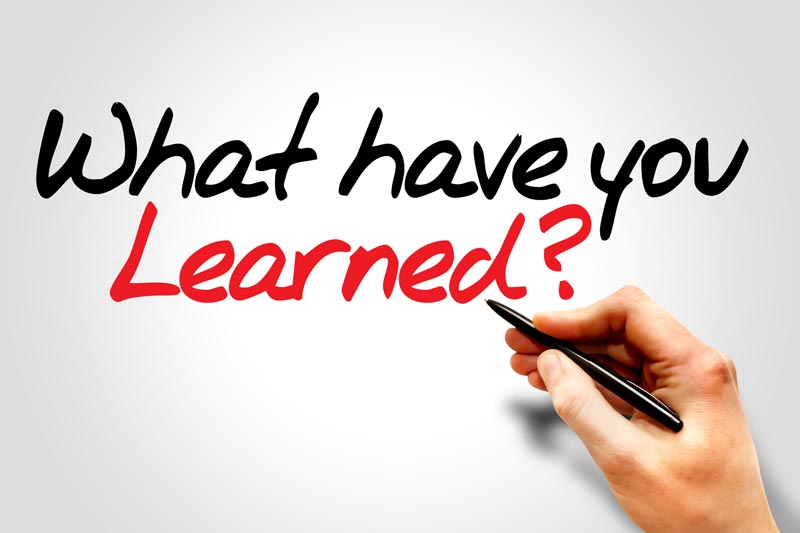
You can only meet me as much as you have met yourself.
Edward Tarashchansky (9)
You can only accept me as much as you accept yourself.
You can only love me as much as you love yourself.
You can only understand me as much as you understand yourself.
You can only see me as much as you see yourself.
Actually, it's always been about you,
I was only your reflection.
- Show the best
Oh if you knew
Oh if you knew - Worship LeaderSet List
Settings
Next
Next
Type in a song number or phrase to search for a song.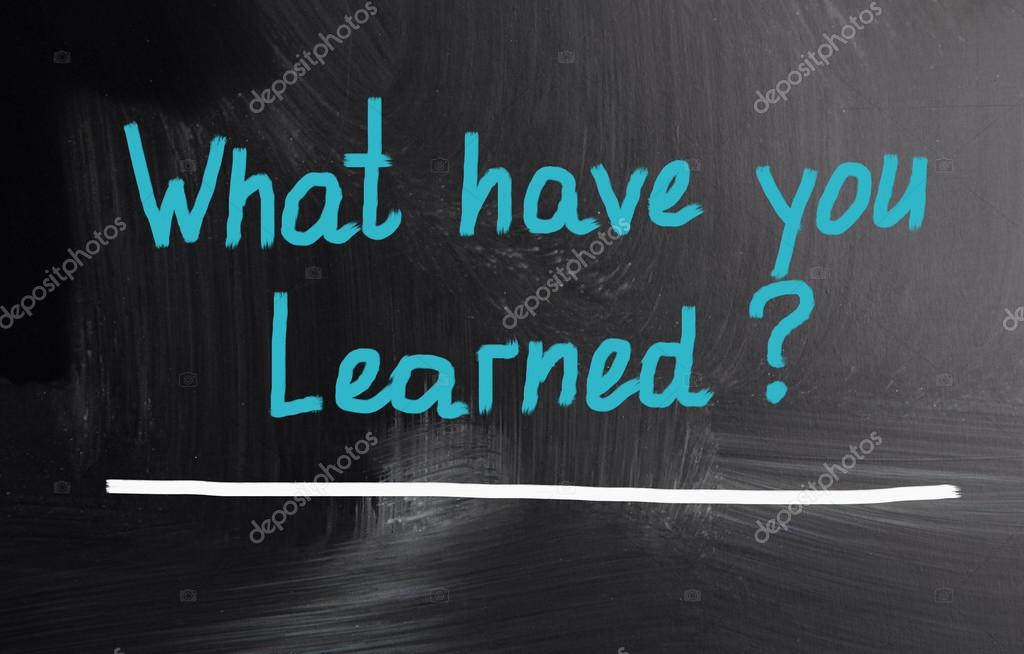 You can search using transliteration into western characters, or using language-specific characters. You can use the * character as a wildcard eg har*heral, or . to represent a single character eg je.us. Click the dropdown to see the many advanced filters available.
You can search using transliteration into western characters, or using language-specific characters. You can use the * character as a wildcard eg har*heral, or . to represent a single character eg je.us. Click the dropdown to see the many advanced filters available.
Error fetching initialization data. Please turn your internet connection on and click 'Retry' below.
Retry
Welcome to Worship Leader. On each page there will be a short help message appearing at the bottom of your screen. To see the full help, touch the message. To turn these messages off, go to the settings page.
Below, you can choose the language you would like to use the app in.
Continue
This song is already in this set. Can't add a second time.
Do you really want to delete this set?
Delete
Cancel
Do you want to share a copy of the set, or a live set which only you can make changes to and will automatically update for everyone when you make changes (if connected to the internet)?
Share Copy
Song list Song list Settings
You don't have any sets yet, choose a song and click 'Add Song to Set' to make one
Here you can see a list of any worship sets that you have created.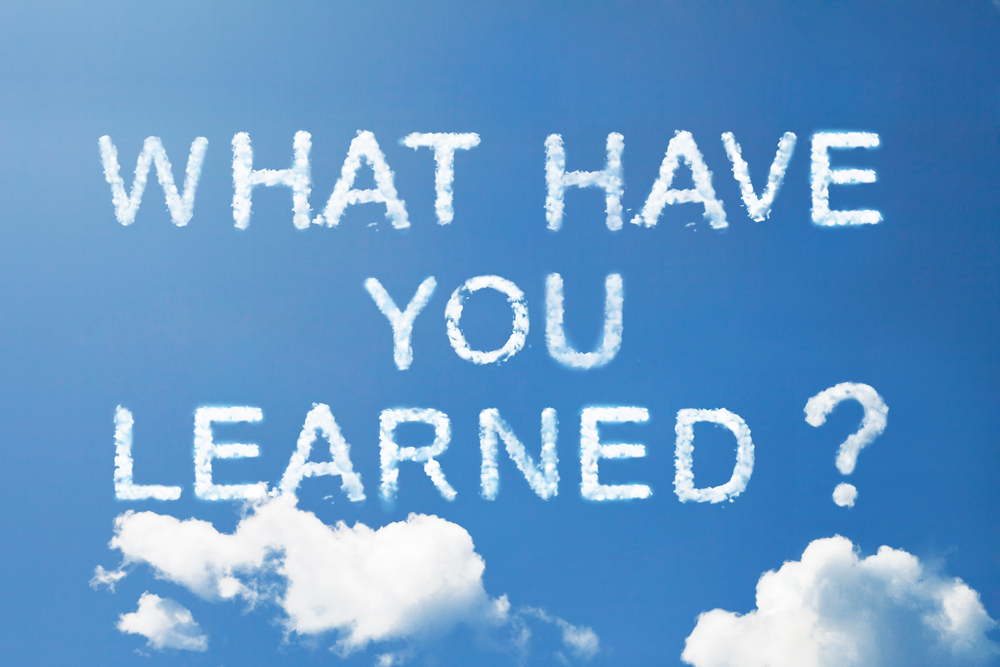 These help you to click forwards and backwards between songs. You can create these by clicking 'Add to Set' when viewing a song.
These help you to click forwards and backwards between songs. You can create these by clicking 'Add to Set' when viewing a song.
Set List
Here are all the songs in your worship set. You can reorder them by dragging on the reorder icon next to each song, or remove them by clicking the cross icon.
Format: Chords open song
Please correct the song below, or add one you have written yourself and then click the 'Upload' button. If you have MP3s, please email them to [email protected].
Format: open song Chords Elvanto
Cancel
Could not submit your song - are you connected to the internet?
Back Contact
Song font size Very SmallSmallMediumLargeXLargeXXLarge
App language
Display Lyrics? (security measure for people in countries where phones may be searched)
Display Chords?
Show chord fingering for guitar?
Chords in Solfège (do re mi)?
Chord color
Show key, time signature and tempo in song list
Do side-by-side display of translated songs
Don't allow screen to turn off while using program
Hide top button text to make titles wider
Use transitions? (turn off for slow phones)
Song Database Online: All languages, but requires internet connection and is slowerOffline: Select languages to download and works offline
Choose Song Languages
Database updated
Database update failed, please check your Internet connection
Could not change the language - perhaps you are not connected to the internet?
You can off these help messages on this page and also change a number of other app settings.